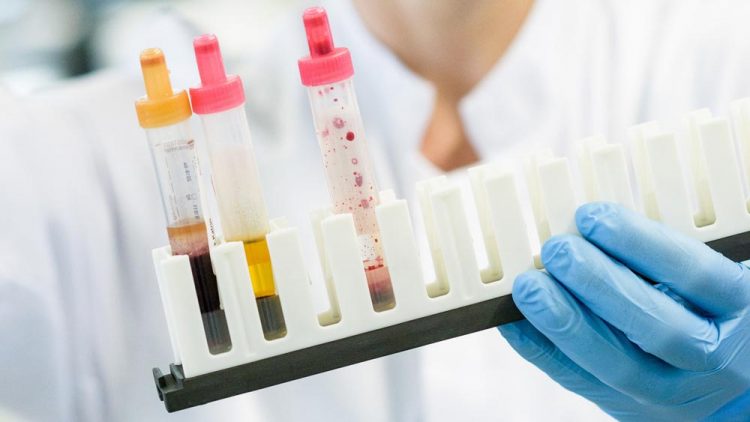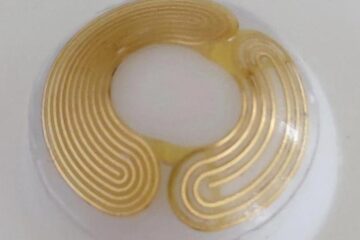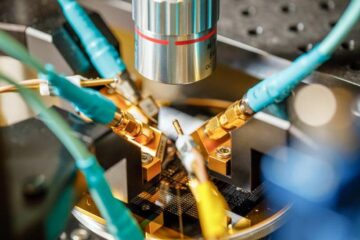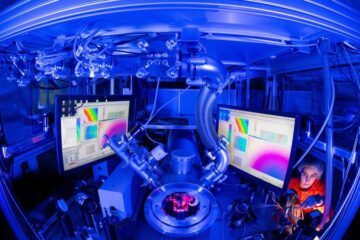Phagocytes versus killer cells – A closer look into the tumour tissue

© UDE/Frank Preuß
„It was already known that cancer patients that have many of these immune cells migrated into their tumour tissue have reduced survival rates”, says Sven Brandau, head of the Department of Experimental und Translational Research.
„Therefore, experts suspected that those phagocytic cells, the so-called neutrophils, could inhibit the fight of the killer immune cells against cancer.“
Using advanced microscopy technologies and analyses, Brandau and his collaborators have now uncovered the interaction between the neutrophils and killer cells in tumour tissue. „We were able to show that the neutrophils actually touch the killer cells and prevent the killing of the cancer cells.“
In future investigations, the researchers at the UK Essen would like to block the entry of the phagocytes into the tumour tissue in order to develop novel immunotherapies against cancer.
Cooperation partners in the study were teams from dermatology and experimental immunology.
Editor: Milena Hänisch, Phone +49 201/723-6274, milena.haenisch@uk-essen.de
Translation: Alexandra Niessen, Phone +49 203/37 9-1487, alexandra.niessen@uni-due.de
Prof. Dr. Sven Brandau, Phone: +49 201/723-3193, Sven.brandau@uk-essen.de
Media Contact
More Information:
http://www.uni-duisburg-essen.de/All latest news from the category: Life Sciences and Chemistry
Articles and reports from the Life Sciences and chemistry area deal with applied and basic research into modern biology, chemistry and human medicine.
Valuable information can be found on a range of life sciences fields including bacteriology, biochemistry, bionics, bioinformatics, biophysics, biotechnology, genetics, geobotany, human biology, marine biology, microbiology, molecular biology, cellular biology, zoology, bioinorganic chemistry, microchemistry and environmental chemistry.
Newest articles

‘Smart’ contact lenses could someday enable wireless glaucoma detection
Most people with early-stage glaucoma don’t know they have it, even though early treatment is key to reducing vision loss. While detecting a subtle increase in eye pressure helps doctors…

New tech may lead to smaller, more powerful wireless devices
Good vibrations… What if your earbuds could do everything your smartphone can do already, except better? What sounds a bit like science fiction may actually not be so far off….

Caution, hot surface!
An international research team from the University of Jena and the Helmholtz Institute Jena are demystifying the mechanisms by which high-intensity laser pulses produce plasma on the surface of solids….





















